How COVID-19 Made Social Anxiety Worse: Insights and Coping Strategies
The COVID-19 pandemic has brought unprecedented changes to our daily lives, affecting our physical, emotional, and mental well-being. Among the many challenges that have arisen, social anxiety has notably intensified for many individuals. This blog post aims to explore the unique impact of COVID-19 on social anxiety, share personal stories, and provide coping strategies to manage this heightened form of anxiety.
Understanding Social Anxiety
Social anxiety, or social phobia, is a mental health condition characterized by an intense fear of social situations. Individuals with social anxiety often worry excessively about being judged, embarrassed, or humiliated in front of others. This condition can significantly impair daily functioning and quality of life.
Before the pandemic, social anxiety was already prevalent; according to the Anxiety and Depression Association of America (ADAA), approximately 15 million Americans were affected. However, the COVID-19 crisis has exacerbated these feelings, creating new layers of complexity and challenges.

The Unique Impact of COVID-19 on Social Anxiety
Increased Isolation and Mental Health Deterioration
Lockdowns and social distancing measures, though necessary to curb the spread of the virus, led to increased isolation for many individuals. For those with social anxiety, this isolation compounded their existing fears, making it even more difficult to engage in social interactions when opportunities arose.
Personal Story: Jenny, a parent of a child with social anxiety, shared her experience: “My son was already struggling with social anxiety, but the pandemic made it so much worse. Being away from school and friends for so long really set him back. We had to come up with new ways to support him, like virtual playdates and social skills training.”
The Shift to Remote Work and Learning
The transition to remote work and online learning created a paradoxical situation. While it might seem that these settings could relieve social anxiety by reducing face-to-face interactions, they also brought new stressors. The lack of in-person contact led to a sense of disconnection and, for some, increased performance anxiety in virtual meetings and classrooms.
Personal Story: Mark, an individual who returned to in-person work, described his experience: “Going back to the office after months of working from home was terrifying. I felt like I had forgotten how to interact with people. Every meeting felt like a huge hurdle.”
Fear of Infection
The fear of contracting COVID-19 has been a persistent concern throughout the pandemic. For individuals with social anxiety, this fear has added another layer of anxiety to social interactions. The need to wear masks, maintain social distance, and adhere to hygiene protocols has made it even more challenging to navigate social settings.
Therapist’s Perspective: Dr. Emily Roberts, a licensed therapist, noted: “I’ve seen a significant increase in clients seeking help for social anxiety. The fear of getting sick, combined with the stress of re-entering social environments, has created a perfect storm for those already prone to anxiety.”

Coping Strategies for Managing Social Anxiety During and After the Pandemic
While the challenges brought by COVID-19 are undeniable, there are effective strategies to manage and alleviate social anxiety:
- Gradual Exposure: Gradually reintroduce social activities into your routine. Start with smaller, less intimidating settings before moving on to larger social gatherings.
- Mindfulness and Relaxation Techniques: Practices such as deep breathing, meditation, and progressive muscle relaxation can help calm anxiety and improve focus.
- Seek Professional Help: Consider seeing a therapist who specializes in cognitive-behavioral therapy (CBT) for social anxiety. CBT can help you challenge negative thought patterns and develop coping skills.
- Stay Connected: Maintain social connections through virtual means if in-person interactions are too daunting initially. Regular communication with friends and family can provide emotional support.
- Educate Yourself: Learn about social anxiety and its triggers. Understanding the condition can empower you to take proactive steps toward managing it.
Caregiver’s Story: Susan, who cared for her spouse with social anxiety, shared: “We found that setting small, achievable goals helped. We started by going for walks in our neighborhood and gradually built up to attending small social gatherings. It wasn’t easy, but celebrating the small victories made a big difference.”
Potential Long-Term Impacts on Social Anxiety and Mental Health
The pandemic’s effects on mental health are likely to persist long after the virus is under control. Social anxiety may continue to be a significant issue for many individuals, requiring ongoing attention and support. Early intervention, continuous mental health education, and a supportive community will be crucial in mitigating long-term impacts.
Survivor’s Testimonial: Anna, who coped with social anxiety during isolation, reflected: “The pandemic forced me to confront my social anxiety head-on. While it was incredibly challenging, I learned a lot about myself and found new ways to manage my anxiety. I still have a long way to go, but I’m hopeful for the future.”
Conclusion
The COVID-19 pandemic has undeniably worsened social anxiety for many individuals, introducing unique challenges and stressors. However, by understanding these impacts and utilizing effective coping strategies, it is possible to navigate social anxiety during and after the pandemic. Remember, you are not alone, and seeking support from professionals, friends, and family can make a significant difference in managing social anxiety.
For more insights and resources on mental health and sensory processing, visit www.DrSensory.com and join our community dedicated to well-being and support.

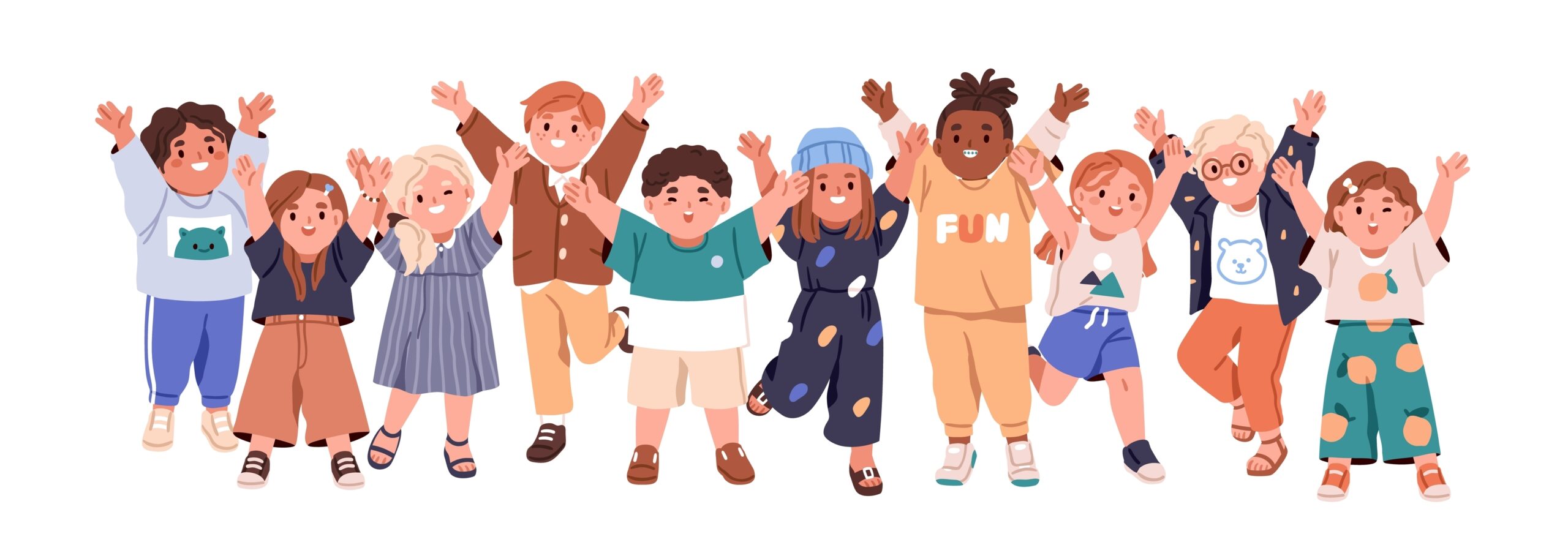
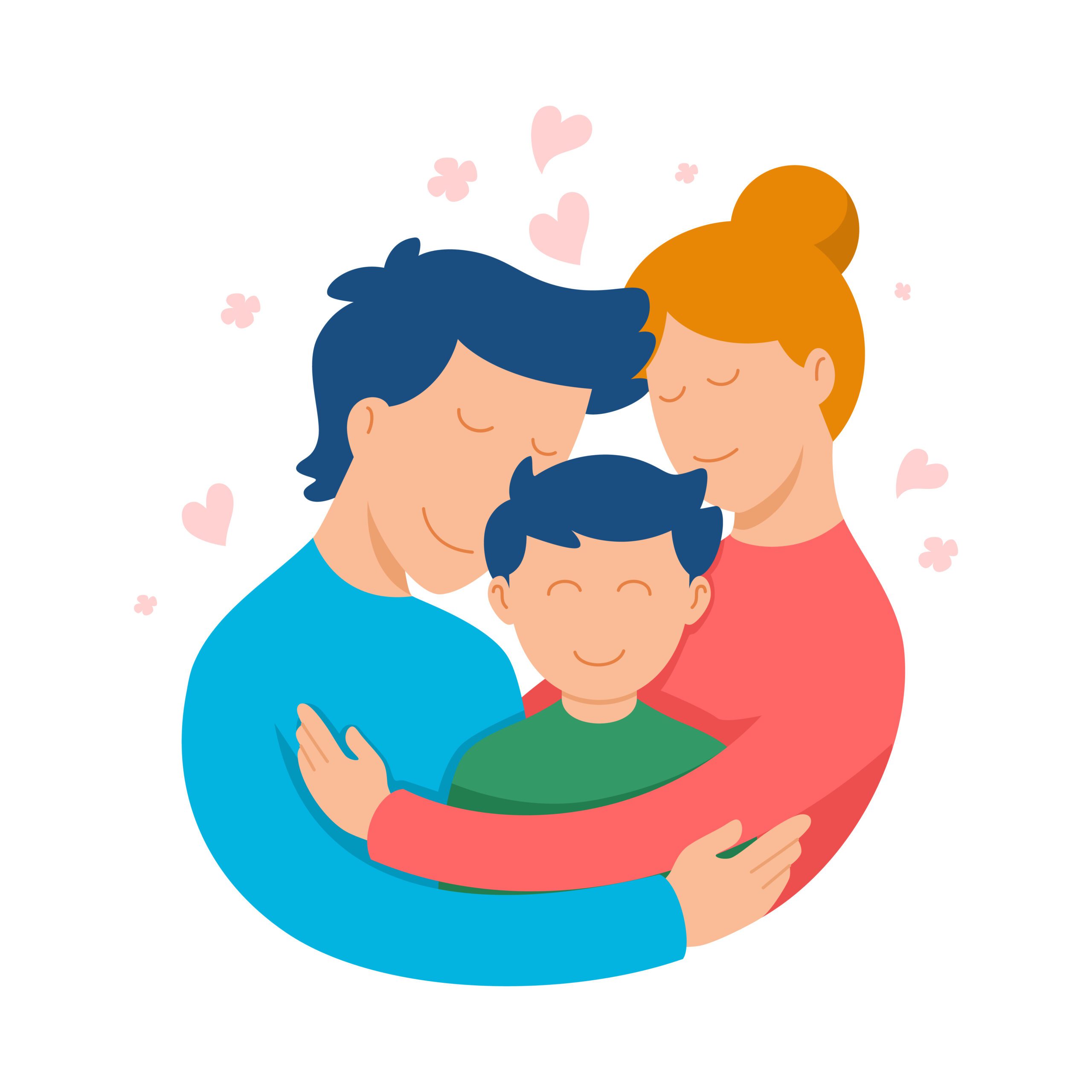
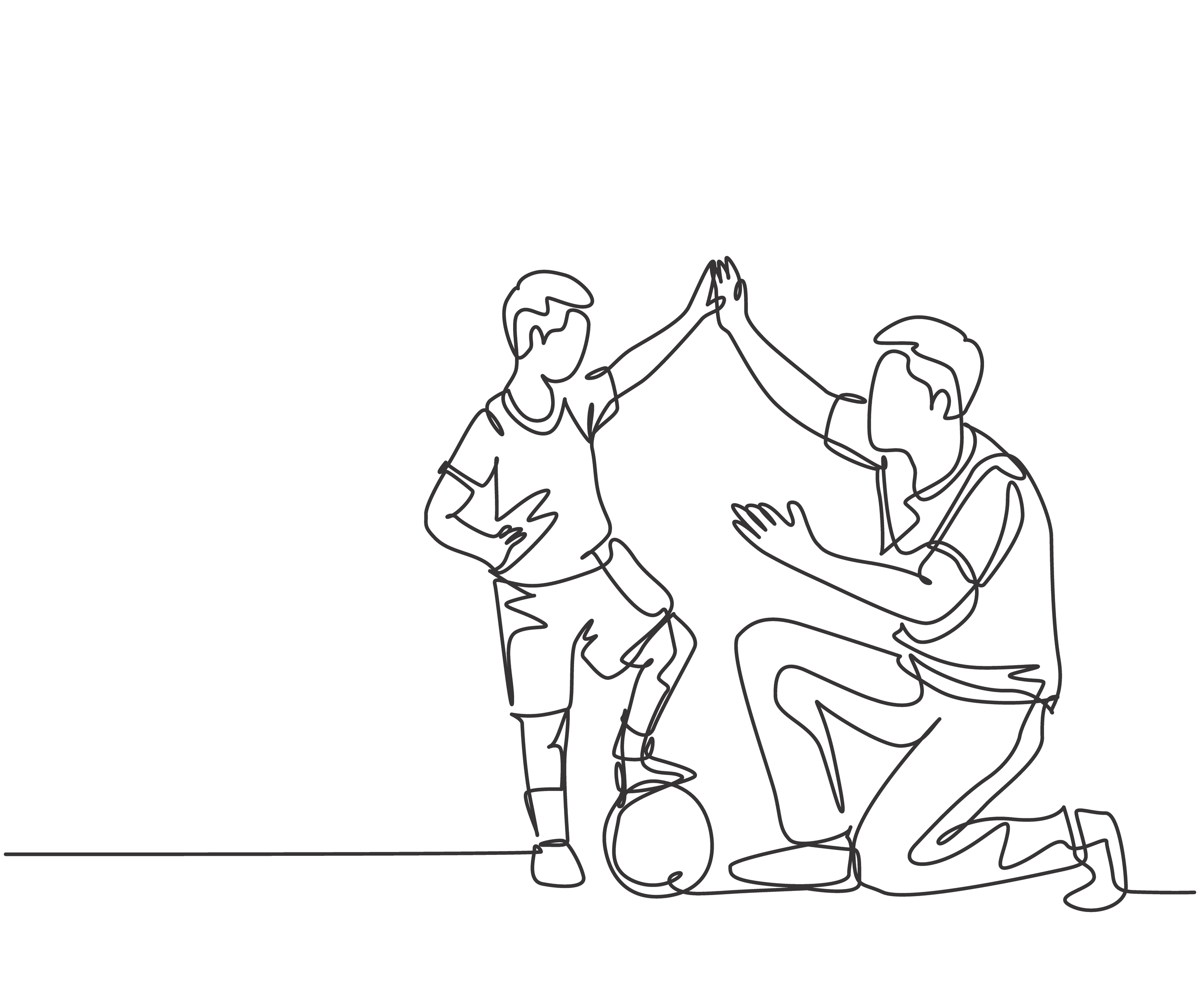







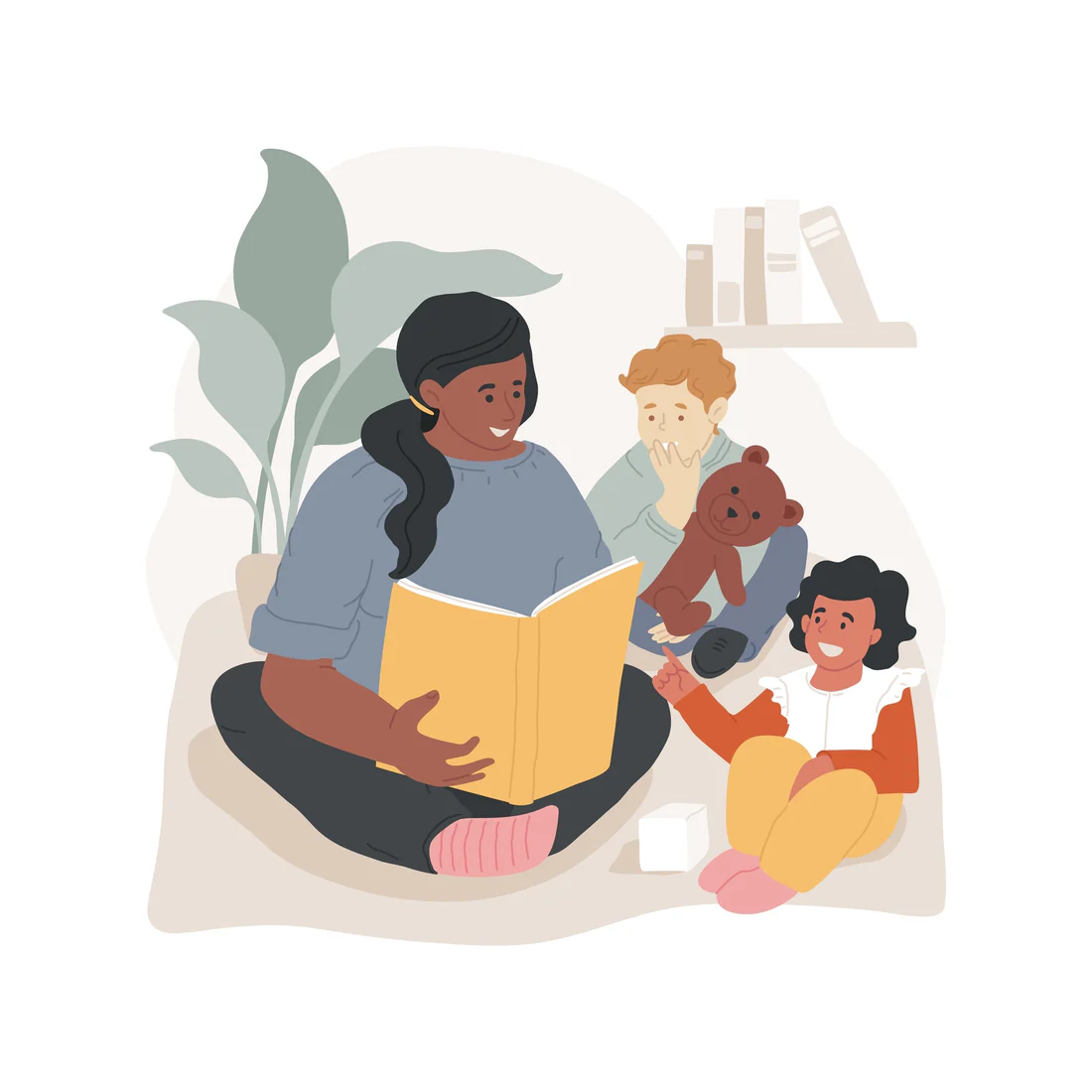
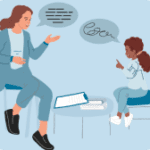 Speech Therapy
Speech Therapy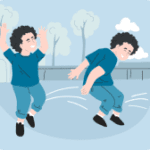 Physical Therapy
Physical Therapy Occupational Therapy
Occupational Therapy

